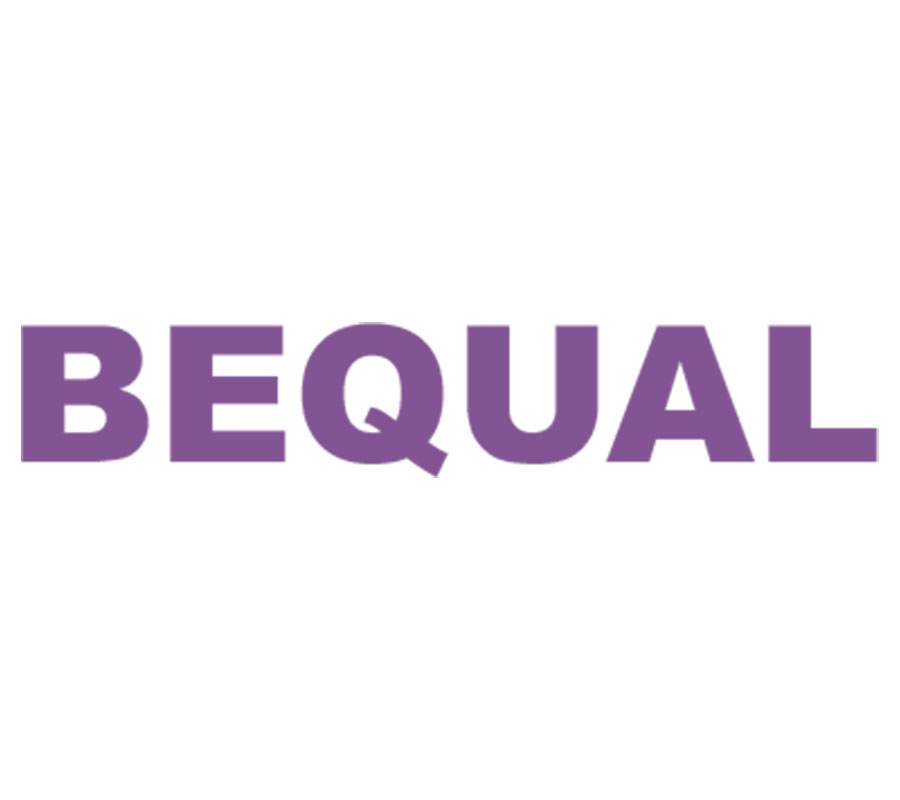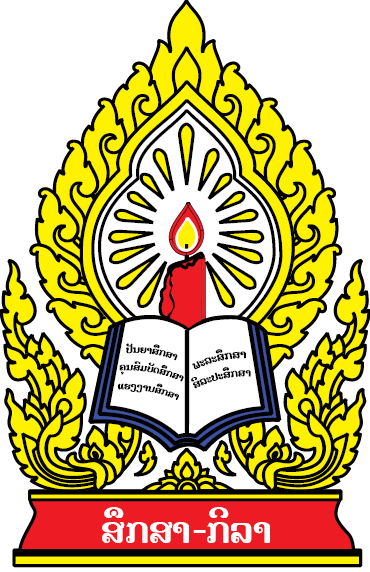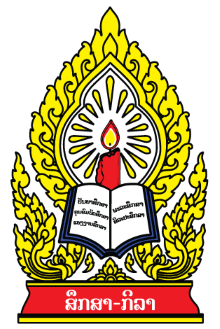
At the same time, there has also been good cooperation during the assessment from school directors, teachers and students as well as parents
“It is the first time that the ASLO test covered all 148 districts of the country” noted Mr Khamchanh Latthanhot, Head of the Evaluation Division of Research Institute for Educational Sciences. “It was a real challenge in terms of organisation and deadlines; there was a very short window of opportunity to administer the test between the end-of-year school exams and the start of holidays. We packed all the materials including school coding, test papers, questionnaires for the interviews and wrapped them individually for each school in only three days”.
The ASLO test was designed jointly by the evaluation team from RIES and advisors from the Australian Council for Education Research with the support of the BEQUAL program. The test consisted of open-ended and multiple choices written questions, together with individual interviews of students, teachers and school directors.
“I never sat for this sort of exam before and I was very excited when I learned about it”, said Miss Anoulack, a 9 year old Grade 3 student at Sisavath Primary School in Vientiane. “I found the maths test fun with its lovely pictures and I finished before the ending time” added her friend Miss Naleumon. Mr Banchong Xayyalath, an enumerator from Chantabouly District attended the training organised by RIES and funded by BEQUAL.
“At the workshop, they showed us the test and explained the process; in each school, we selected the students randomly; the test usually lasts two days because there are two test types, written part with all the students and then an oral part which is individual; the questions are really appropriate so it is not difficult to explain to the students” said Mr Banchong.
“These ASLO 3 test results will be used as the baseline to assess the changes in learning outcomes and the effectiveness of the upcoming revised curriculum in 2020-2021 under the Curriculum and Learning materials renewal project supported by BEQUAL and Mathematics Learning and Teaching improvement project funded by JICA” explained Mr Khamchanh. In doing so, it will enable the Ministry of Education and Sports of Laos, the Australian Government and other development partners to better target and monitor their program intervention.




 ພາສາລາວ
ພາສາລາວ